Bronx daycare owner, her husband and his cousin appear in court on murder charge after baby died of fentanyl poisoning
A Bronx daycare owner, her husband and his cousin have appeared in court after allegedly killing a baby with a stash of fentanyl hidden in the building.
Grei Mendez, 36, her husband Felix Herrera Garcia, 34, and his cousin Carlisto Brito, 41, were indicted on charges of manslaughter, first-degree drug possession and four counts of first-degree assault in Bronx Supreme Court. Thursday.
The trio was taken into custody and will appear in court again on November 27.
One-year-old Nicholas Feliz Dominici died on September 15 after being exposed to fentanyl at Divino Niño Daycare in the Bronx. Prosecutors allege the childcare center was used as a front for drug trafficking.
After Nicholas’ death, Garcia fled to Mexico, sparking an international manhunt that ultimately led to his capture eleven days later in Sinaloa.
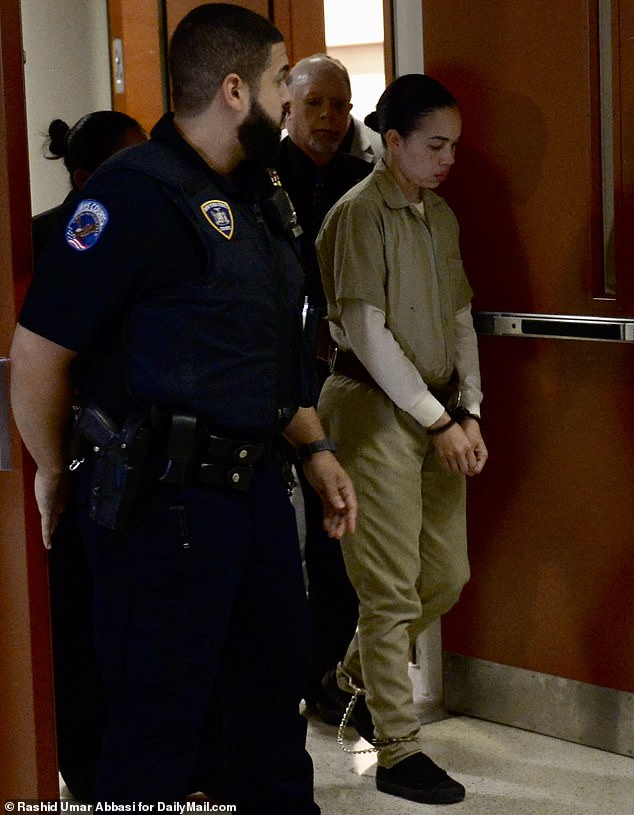
Grei Mendez appeared in court charged with two counts of causing death by distribution of narcotics
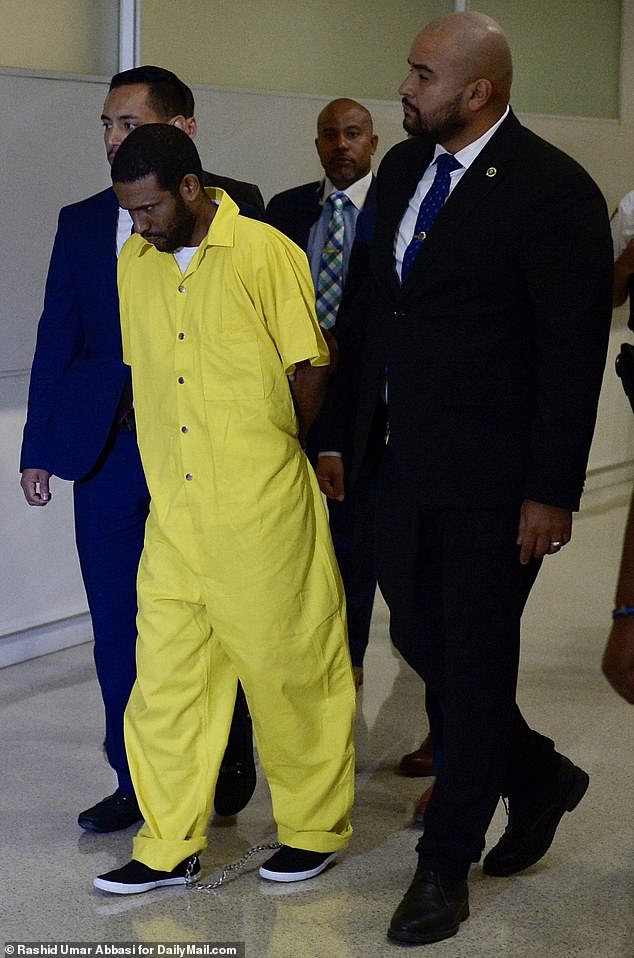

Félix Garcia was arrested in the Sinaloa city of Culiacán during a traffic stop after an eleven-day manhunt
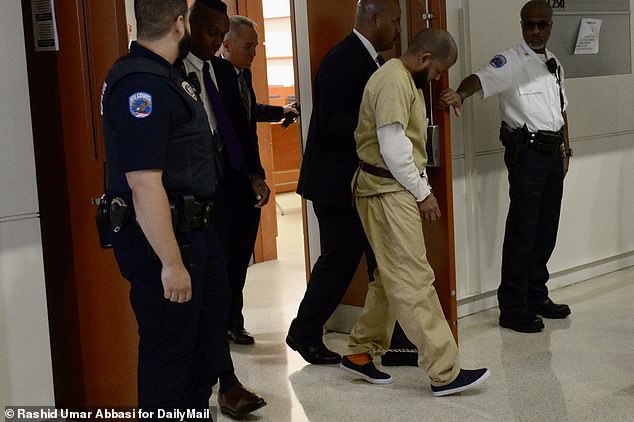

Carilisto Brito, 41, is scheduled to appear in Bronx Criminal Court on Thursday


Nicholas Féliz, 1, died on September 15 after ingesting fentanyl at a Bronx daycare
His wife Grei Mendez allegedly called her husband twice and then deleted more than 21,000 messages before alerting authorities to the unresponsive children.
Nicholas was pronounced dead at the scene, while two two-year-old boys and an eight-month-old girl were rescued with the overdose-reversal drug Narcan.
Garcia was filmed by security cameras with plastic bags as he fled through the back door of the child’s room.
In announcing Thursday’s charges, District Attorney Darcel Clark said, “A beautiful little boy lost his life and three precious children between the ages of eight months and two years became seriously ill from fentanyl poisoning.
‘This is a catastrophe. Our sadness is only accompanied by outrage because these babies were shields to protect a narcotics operation. Nicholas’s death was completely – excruciatingly – unnecessary and avoidable. We will get justice for him, the other children and their families.”
In the aftermath, photos shared by police showed bags full of powder in the ‘trap floor’, steps away from a shelf of children’s toys.
According to the investigation, one kilo of fentanyl was found in a closet in the daycare, and six kilos of fentanyl, heroin and other controlled substances under the floor, under a padded mat where children napped.
Police also found multiple devices used by traffickers to mix drugs and press them into bricks.
NYPD Chief of Detectives Joe Kenny said last week, “One grain, two grains of fentanyl can knock out an adult man, so even the residue would cause death in a small child.”
According to reports, no previous complaints have been filed against Divino Nino Daycare.
The childcare has a capacity for eight children aged from six weeks to twelve years, the data shows.


One of the secret drug hideouts found by prosecutors in the Bronx nursery
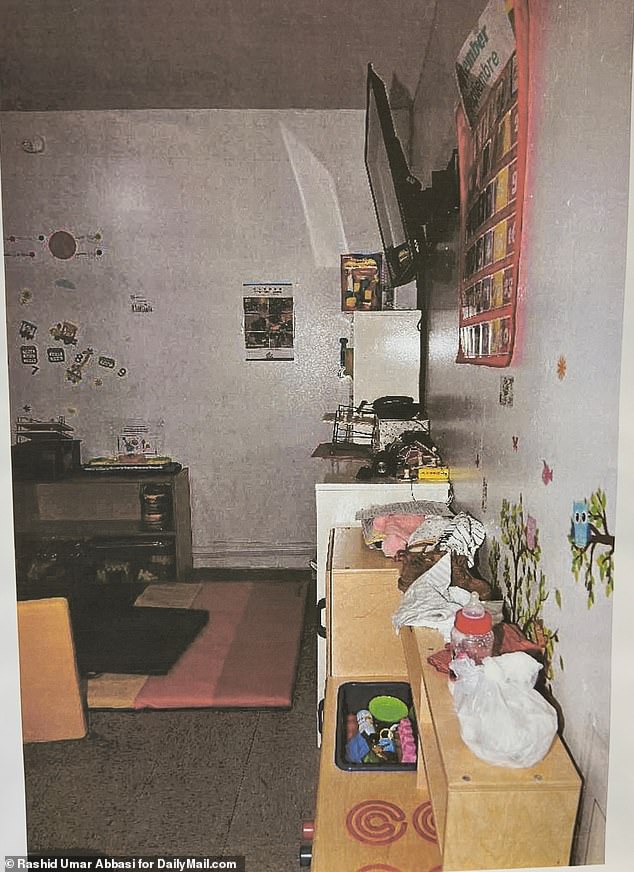

Photos released by the officer’s office show the nursery as it was found the day the baby died
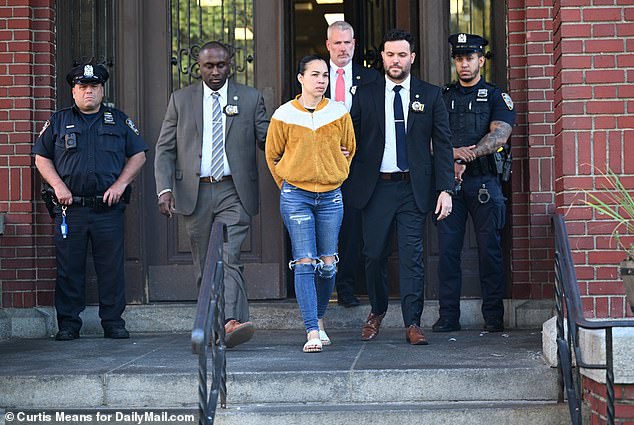

Authorities escort Grei Mendez from a Bronx police station following her arrest in connection with the death of a one-year-old boy who died at her daycare on September 15
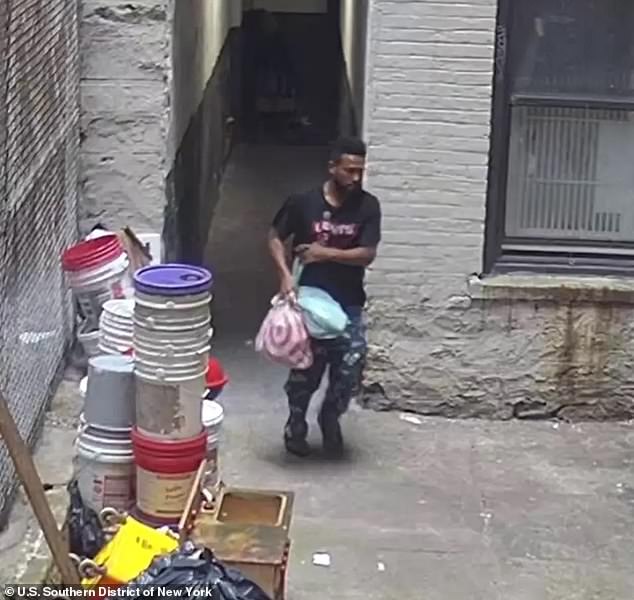

Herrera, the husband of the Bronx daycare owner charged in the fentanyl-related death of an infant, was seen fleeing the area on September 15. He was arrested 11 days later in Culiacán, Mexico.
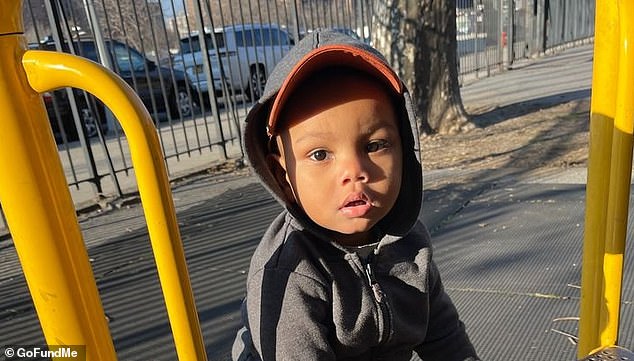

Nicholas Féliz, 1, died on September 15 at Divino Niño Daycare
Nicholas’ heartbroken father, Otoniel Feliz, 32, told DailyMail.com it was the boy’s first week at daycare.
‘We received a good recommendation. We were told it was a great place. It looked like a nice place,” he explained.
But within a week of being cared for at daycare, Nicholas was taking fentanyl – a substance that has caused a spike in overdoses in the US
Otoniel said the first time they dropped off their son they were given a tour of the daycare and it looked just like any other, with toys and children’s furniture inside.
But after enrolling their son, Otoniel and his wife were never allowed to return to their son, who was often brought to them by their caregivers, he claimed.
‘Parents are not allowed to enter. You see it the first day to see where your son will be, but after that you are not allowed to go in,” he claimed.
“They said they ‘don’t want any contamination from outside to come in because they keep everything clean,'” they said.
‘My wife called me and said our child is going to the hospital. We thought he was doing well. Ten minutes later my wife called me on the way to the hospital and said he had died.’
Divino Nino Daycare passed its annual unannounced inspection on September 6 with zero violations, according to city records after receiving the permit in May.
DEA Special Agent in Charge Frank A. Tarentino III said, “As alleged, Paredes played a significant role in this conspiracy and is charged with narcotics distribution and death in connection with the poisoning of four children.
“The alleged drugs and materials seized in the trap are indicative of a productive drug packaging operation.
‘Human traffickers often hide contraband in inconspicuous or unsuspecting locations, without regard for the safety of others.
‘In this case, the daycare floorboards were used as a concealment, endangering the lives of children who were innocently playing on the floor.
“I reiterate that the DEA and our law enforcement partners will continue to pursue justice for all members of this trafficking ring.”
The National Institute on Drug Abuse describes Fentanyl as a powerful synthetic opioid approved by the FDA for the treatment of severe pain.
Over the past decade, fentanyl has been illegally manufactured and distributed, and other illegally manufactured synthetic opioids are increasingly found in the drug supply.
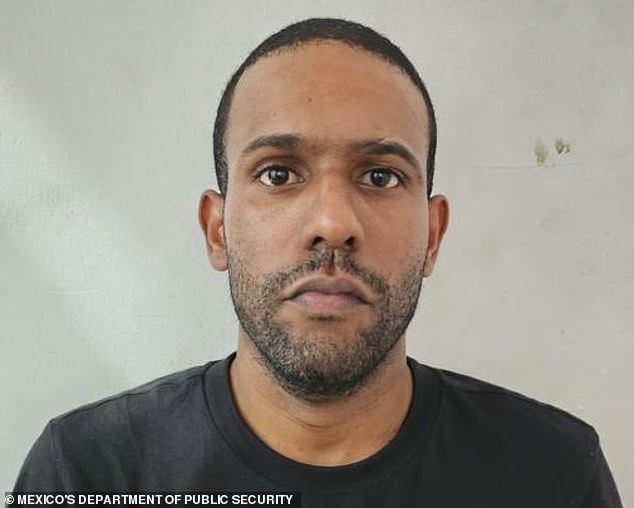

After Nicholas’ death, Garcia fled to Mexico, sparking an international manhunt that ultimately led to his capture 11 days later in Sinaloa.
During this time, fentanyl and related substances have contributed to a dramatic increase in drug overdose deaths in the United States.
Drug overdose deaths involving the synthetic opioid fentanyl more than tripled in the United States between 2016 and 2021, according to a report from the U.S. Centers for Disease Control and Prevention (CDC).
Fentanyl is up to fifty times stronger than heroin and a hundred times stronger than morphine, and is increasingly mixed with other illicit drugs, often with fatal consequences.
The CDC report found that drug overdose deaths involving fentanyl increased from 5.7 per 100,000 people in 2016 to 21.6 per 100,000 in 2021.
Fentanyl-related deaths increased by about 55% in 2019-2020 and by 24.1% in 2020-2021, said Merianne Rose Spencer, one of the report’s authors.
